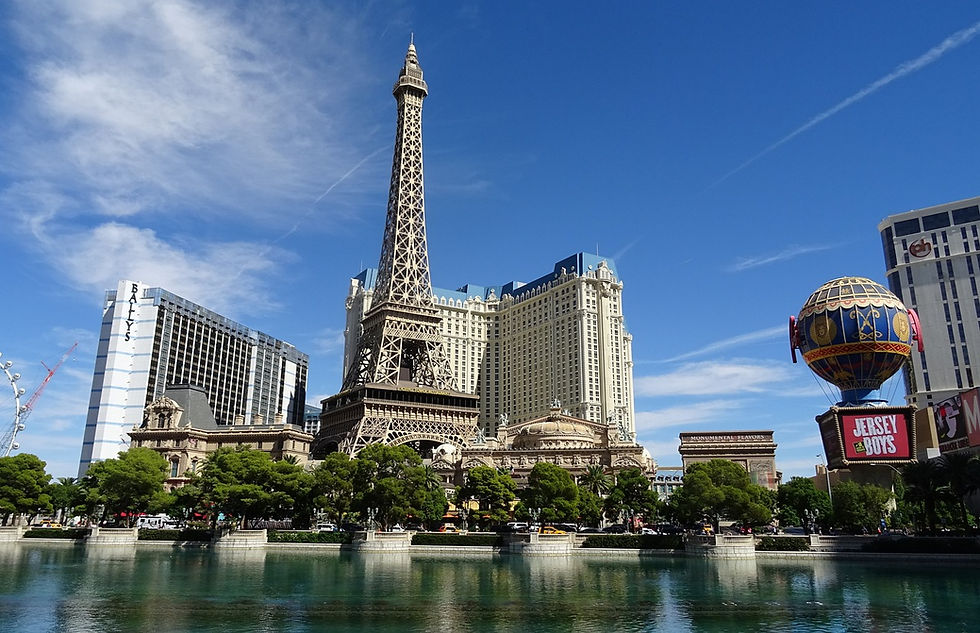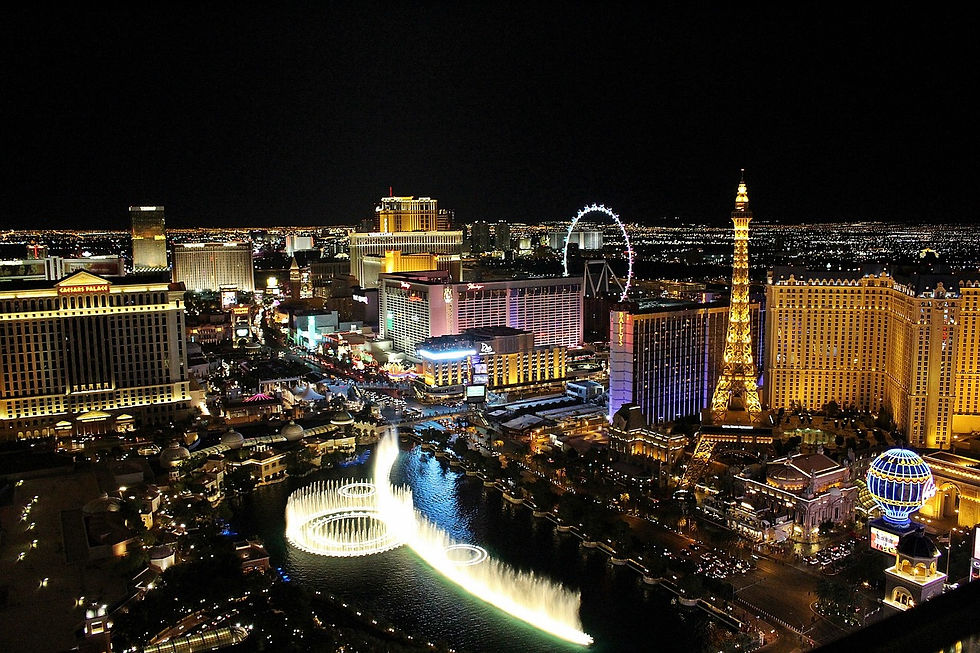
Don't let a bee sting allergy keep you from experiencing the excitement of Las Vegas!
Las Vegas offers dazzling entertainment and world-class attractions. However, for individuals with bee sting allergies, meticulous planning and proactive measures are essential for a safe and worry-free experience.
While the desert landscape might not be the first image that comes to mind when thinking about bees, they are indeed present, especially around pools, landscaped areas, and outdoor restaurants.
This guide provides comprehensive and practical advice for managing your bee sting allergy amidst the Vegas excitement.
Pre-Trip Preparation and Essential Steps for a Bee-Safe Vegas Vacation
Before you pack your bags, consult your allergist. Discuss your travel plans, ensure your epinephrine auto-injector prescriptions (such as EpiPen or Auvi-Q) are current and adequately stocked for the duration of your stay, and review your anaphylaxis action plan.
Carry a personalized copy of the plan and consider a MedicAlert bracelet or necklace which provides critical medical information to first responders, including hotel security personnel often trained in first aid.
Contacting your chosen hotel in advance is highly recommended. Inquire about their pest control practices, the proximity of flowering vegetation to guest areas, and the specific training their staff has received concerning allergic reactions.
While complete bee removal is practically impossible, hotels can provide insights into their mitigation strategies and the availability of personnel equipped to assist in case of an emergency.
Pack strategically for your allergy. Include a well-stocked travel first-aid kit containing antiseptic wipes, pain relievers (like ibuprofen or acetaminophen), antihistamine tablets (such as diphenhydramine or cetirizine), and any other prescribed medications.
Opt for light-colored clothing, avoid floral patterns that might attract bees, and choose closed-toe shoes over sandals or flip-flops when venturing outdoors.

Understanding Bees and Wasps in Las Vegas
In the Las Vegas area, you are most likely to encounter honeybees, Africanized honeybees, carpenter bees, bumblebees, paper wasps, and yellow jackets.
Honeybees are generally docile unless their hive is threatened, while Africanized honeybees are considerably more aggressive and react swiftly to perceived threats, stinging in greater numbers.
Paper wasps construct open, umbrella-shaped nests and are more likely to sting if their nest is disturbed. Yellow jackets, which often nest in the ground, are scavengers attracted to sugary foods and drinks, making them a potential concern at outdoor dining areas, picnics, and poolside bars.
Familiarizing yourself with these species and their behaviors will allow you to better assess and avoid potential risks.
Managing Bee Sting Allergies in Las Vegas: On-the-Ground Strategies
Minimizing your attractiveness to bees and wasps is a crucial proactive measure. As mentioned earlier, light-colored clothing is preferable. Avoid wearing strong perfumes or colognes, as these fragrances can attract stinging insects. When outdoors, cover sugary drinks and food immediately after serving to prevent attracting bees and wasps.
Constant vigilance and awareness of your surroundings is important. Before sitting down, especially in outdoor areas, thoroughly scan the area for bees or wasps.
Carefully inspect food and beverages before consuming them, as bees can sometimes crawl into open containers or land on food items.
Communicate clearly and proactively about your allergy. Inform waitstaff at restaurants, lifeguards at pool areas, and staff at other entertainment venues about your allergy.
This proactive communication will ensure they are aware of your specific needs and are better prepared to respond appropriately should a reaction occur.
Navigating Specific Las Vegas Venues with a Bee Sting Allergy
Pool areas, with their abundant landscaping and often sweet drinks, can be high-risk zones for bee and wasp activity. Whenever feasible, choose pools with less surrounding vegetation and exercise extra caution when retrieving towels, drinks, or other items from poolside tables.
Al fresco dining, a quintessential Vegas experience, presents an elevated risk of bee and wasp encounters. If outdoor dining is unavoidable, choose restaurants with screened-in patios or consider taking your meal to go and enjoying it in the safety of your hotel room.
Most indoor shows and attractions pose minimal risk; however, it's prudent to maintain a level of awareness, especially during portions of performances or events that might take place outdoors or involve open-air sections.

Emergency Response: What to Do if You Get Stung
Despite all precautions, stings can happen. If you are stung by a bee or wasp, immediately administer your epinephrine auto-injector, even if symptoms seem mild or are slow to appear.
Do not hesitate. Seek immediate medical assistance or alert hotel security who are often trained in first aid and can facilitate contacting emergency medical services. Medical evaluation is essential, even after administering an EpiPen.
Following a sting, diligently monitor yourself for delayed reactions for several hours and be sure to follow up with your allergist when you return home.
Enjoying Las Vegas Safely with a Bee Sting Allergy for a Trip to Remember
Traveling with a bee sting allergy requires careful planning and a realistic understanding of potential risks. However, with the right precautions and awareness, it in no way stands in the way of an incredible and unforgettable Las Vegas vacation.
By being informed and taking appropriate precautions, you can confidently minimize potential dangers and maximize your enjoyment of this dynamic and entertaining destination. We hope you enjoy our beautiful city!
Betsy and Pete
Las Vegas, Nevada
About Us: The Authors

We're Betsy and Pete, passionate Las Vegas beekeepers trained by a master in the field. With hundreds of successful bee and bee swarm removals under our belts, we're not just experts; we're enthusiasts committed to the well-being of these incredible pollinators.
We manage dozens of beehives, both natural and honey-bearing at our Joshua Tree Preserve.
Our Commitment to Excellence
Education is an ongoing journey, especially in a dynamic field such as beekeeping. That's why we continually update our knowledge base, collaborate with other experts, and stay up to date with the latest advancements in bee control methods and beekeeping practices.
We also provide top-tier beekeeping supplies, offering everything a beekeeper needs, from beginners to experts.
.png)